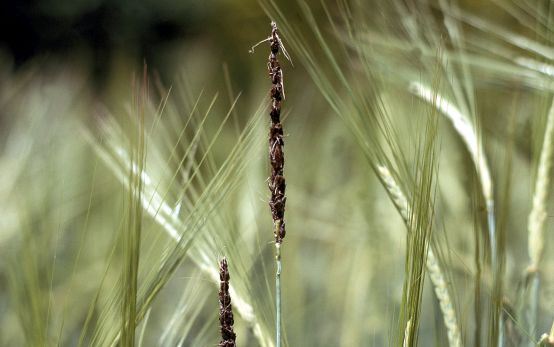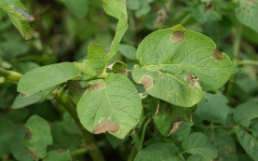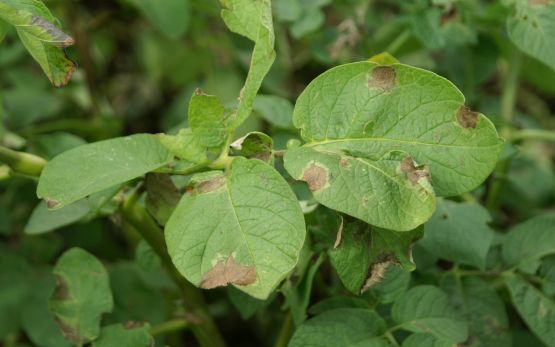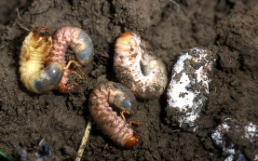This research activity concentrates on the development of efficient and environmentally sound measures to control noxious organisms in cereals, potatoes, oilseed rape and in pastures – thereby making an important contribution towards environmentally compatible, economically attractive agriculturalproduction, while maintaining and expanding the supply of sustainably produced Swiss food and feed.
In organic farming, disease control is based primarily on preventative measures. However, direct control measures may also
be necessary to ensure satisfactory yields and high-quality produce. Since the production of disease-free seeds is a particular challenge in organic production, we are developing biocompatible seed dressing treatments.
Since the production of disease-free seeds is a particular challenge in organic porduction, we are developing biocompatible seed dressing treatments. Seed-borne cereal diseases such as bunts (wheat, spelt) or smuts (barley) are highly problematic in organic cereal production. Infected plants develop bunt balls or smutted ears filled with spores, which result in spread of the disease. Furthermore, some of these spores are toxic to humans and animals.
Since the use of healthy seed helps in preventing disease problems, we examine organically produced grains for
seed-borne diseases. To facilitate the production of disease-free seeds, we test and develop new biocompatible treatments for seed dressing, based on bacteria and botanicals. We examine their effectiveness in the laboratory, in climate chambers and in field trials.
In order to optimise the efficacy, we also work on improved formulation and application techniques. Apart from the development of these biological treatments, we work on the implementation of the warm water treatment, which shows a very broad range of activity and is highly efficient even in cases where the pathogen is located in the embryo of the seed (loose smut in barley).









